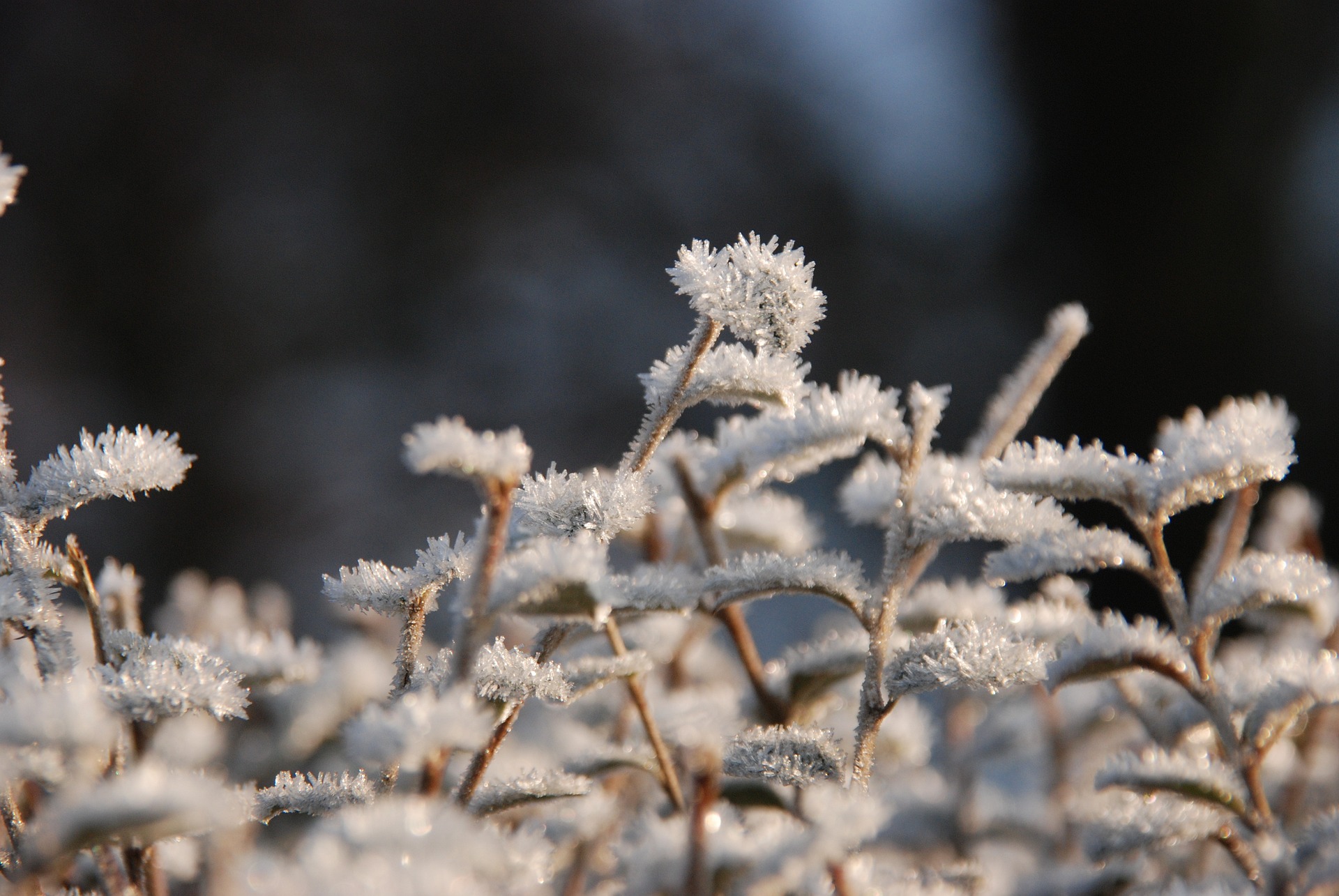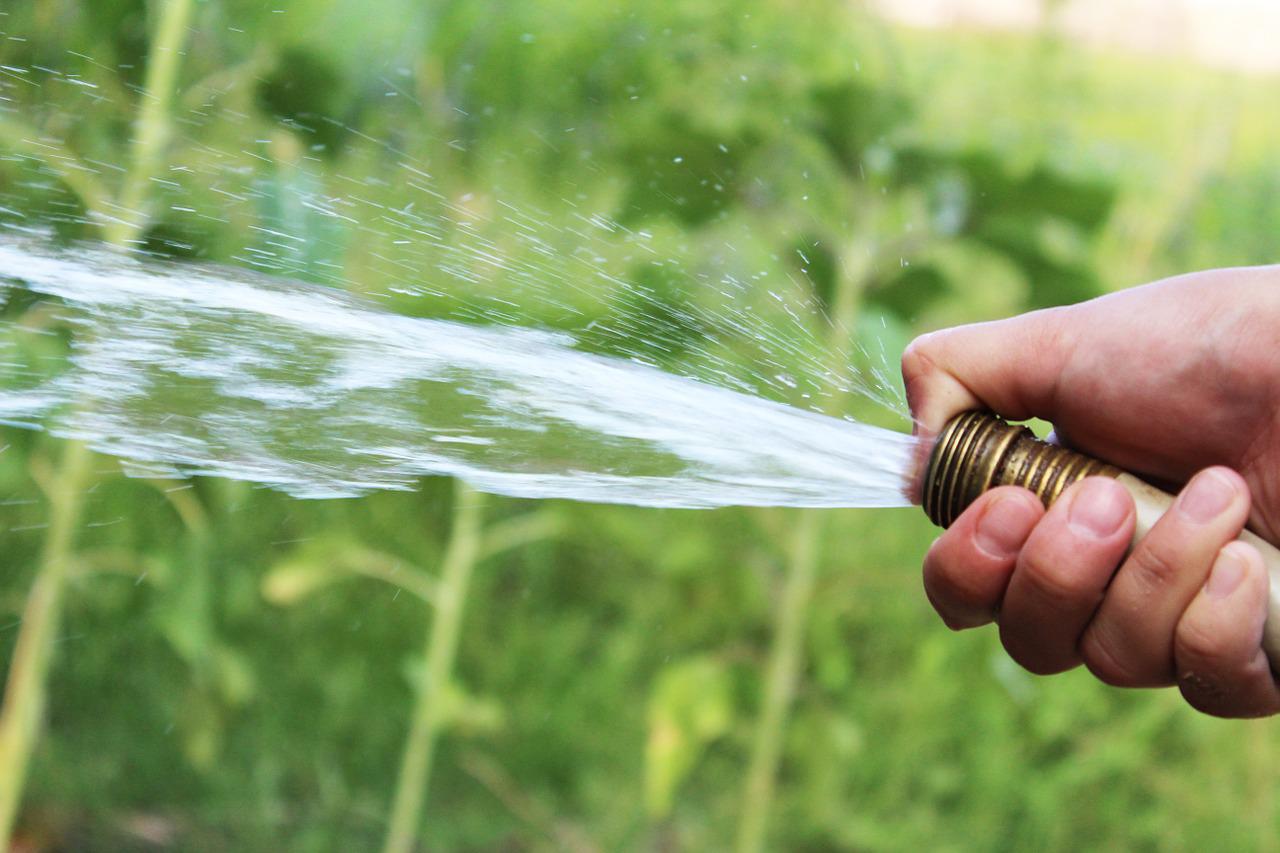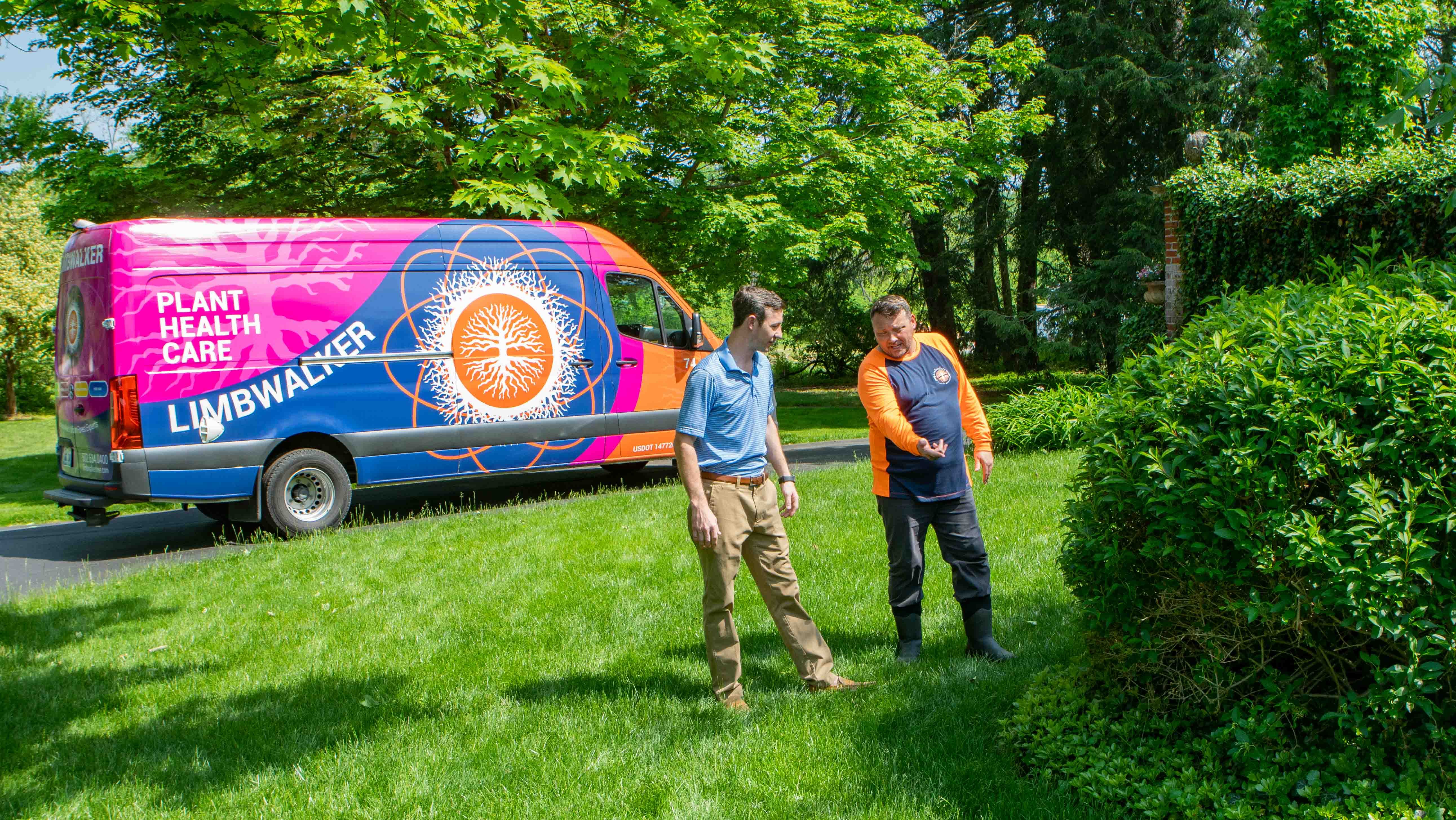
The late winter/early spring weather can often be unpredictable here in Louisville, KY. It’s not unusual to have a few warm days followed by some KY frost.
While we can just bundle up and deal with a few cold days, our landscapes don’t have the luxury of escaping the cold. And if some of your plants have already started to come out of their winter dormancy, they might have been impacted more significantly by freezing temperatures.
Cold damage on plants is common during this “in-between” stage. We know this is a huge source of frustration but the good news is that there’s hope! Oftentimes, even plants that have been struck by frost can bounce back.

In this article, we’ll address some of your common questions about cold damage on plants and what you can do going forward.
We get a lot of questions like, Will my plants recover from a freeze? Or, How can I protect my plants from a freeze?
We love our landscape plants as much as you do and we understand your concern.
Our first piece of advice would be, Don’t panic.
While severe frost damage can potentially kill parts of a plant, the good news is that most of the time, the roots, which are safely beneath the surface, are okay. And in many cases, frost only hits certain parts of the plant, not the entire thing.
Typically, cold damage on plants shows up as wilted growth. These areas may then turn brown. If they turn black and crispy, then those areas have died.
While you might be tempted to trim these areas off right away, that could actually cause more harm than good. If there ends up being more Kentucky frost then those pruned areas will be exposed and susceptible to much more significant damage. In this way, the dead areas are actually serving as a sort of “protector” right now, and you don’t want to get rid of them just yet.
Pruning also stimulates new growth and you don’t want any new growth until the season of frosts has truly passed. That new growth is likely to die in another frost.
Instead, wait until the last of the frosts are over, and then assess your plant. Basically, don’t prune the dead areas off until Derby.
Although you might be very discouraged right now, we have seen many plants recover from a freeze. Sometimes, it just takes time.

In many cases, it’s just parts of a plant that are damaged and once the weather remains consistently warm, these areas can be carefully pruned away. Depending on how much was lost, some TLC might be all your plant needs to bounce back.
Homeowners also have a lot of questions about watering their plants during this period of “in-between” weather.
During a freeze, you do not want to water. When a period of frost occurs, the water freezes in the leaf and stem systems. This can cause damage to the plants’ leafy tissues.
However, once the period of frost has subsided, you will want to resume watering plants after a freeze.
Even if you think a certain plant might have died, keep watering it and have some patience as you wait to see if it might recover. We have definitely seen plants bounce back so don’t give up hope too soon.

In the future, you can also take steps to protect your plants if they have already come out of dormancy but you know a freeze is coming.
Keep an eye on the temperatures and if some KY frost is coming, cover your plants with burlap, sheets, or blankets to trap warm air. Cardboard boxes can also work. Just do not use plastic as this can actually be a cold conductor which might increase the chance of cold damage on plants.

You’ll want to be sure to weigh down your coverings with rocks so that they don’t blow away.
Of course, you’ll also want to remember to remove those coverings after the freeze as these will block your plants’ access to sunlight and water.
We know that you might have other questions about your landscape plants and we want you to know that we’re here to help. One of the huge benefits of signing up for our Plant Health Care program is that you get access to a plant health expert that can help when you have questions like the ones covered in this article.
Plant Health Care is a valuable service that is also a protection of your investment in your landscape.
After all, cold weather is just one of many potential problems that your plants can face. There are other environmental stressors, diseases, and even pests that can wreak havoc on your plants’ health. But investing in Plant Health Care can help set your plants up for success.

While it’s not going to prevent cold damage, it will give you access to a plant expert who can be available to help answer questions and offer advice.
In the end, that adds up to peace of mind that your landscape is in good hands.
Are you ready to have a healthy and thriving landscape at your Louisville, KY home? Get in touch with us to get a quote for our plant health care program.
